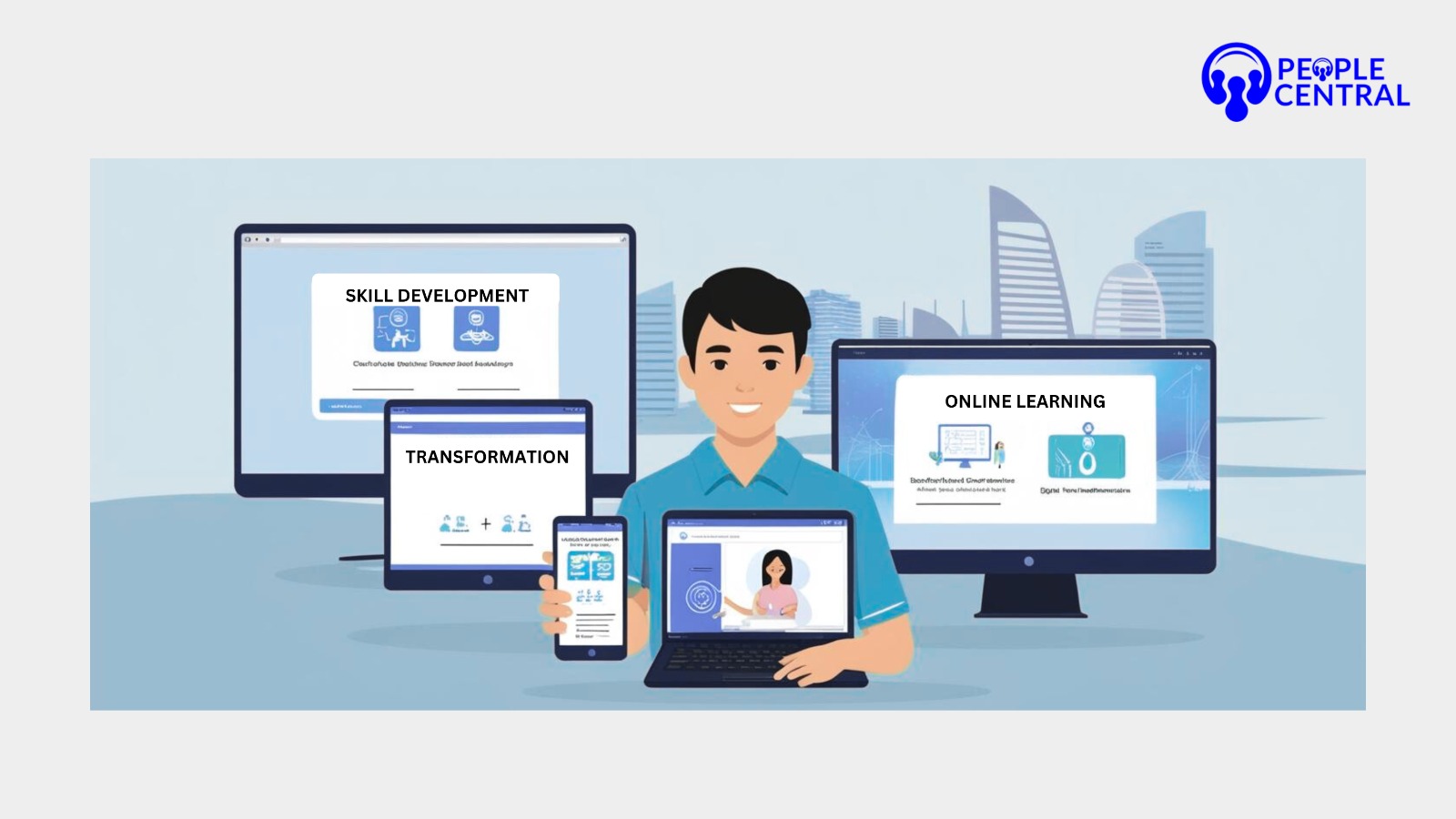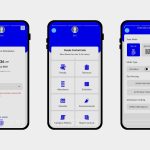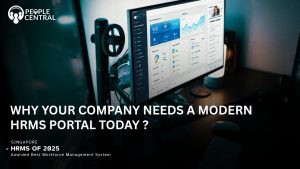Learning agility has become one of the most sought-after competitive advantages in a fast-evolving professional sphere in Singapore. As a highly developed city-state known for advances in technology and innovative workforces, Singapore is then uniquely positioned where the ability to learn, unlearn, and relearn has become a precondition of being.
Understanding Learning Agility
Learning agility starts acting as more than a mere fuzzy term- rather, it continues to be one of the most crucial life skills that differentiate strong achievers from mere good achievers. Understanding learning agility, one can say, is a capacity of the individual to:
- Swiftly adapt to new situations
- Extract insights from varied experiences
- Utilize learnings in different contexts
- Embrace challenges as opportunities for growth
Context of Singapore: Why Learning Agility Matters
In the current economic environments of Singapore, one is experiencing instances of:
- Rapid technological transformations
- Constant industry disruptions
- Global pressures on competition
- Continuously evolving skills
That professionals that can master learning agility have become valuable commodities for their organizations.

The Four Dimensions of Learning Agility
1. Mental Agility
- Critical thinking
- Challenge existing assumptions
- Think through complex problems from more than one viewpoint
- Generate innovative solutions
2. People Agility
- Understanding different perspectives
- Navigating complex personal dynamics
- Building strong, adaptive relationships
- Communicating within different contexts
3. Change Agility
- Embracing uncertainty
- Viewing change as an opportunity
- Reading situations and adapting himself quickly
- Keeping calm under pressure
4. Results Agility
- Produce positive results outside one’s own familiar territory
- To maintain high performance during transitions
- Proving Resilient
- Learn from one’s successes and failures
Also Read : How Payroll Software Can Streamline Your Small Business Operations
Learning Agility: Strategies To Develop
Continuous Learning Mindset
- Foster curiosity
- Read extensively about varied areas
- Attend workshops and seminars
- Participate in cross-generalised learning
Experiential Learning Methodologies
- Seek assignments which will pull you out of your comfort zone
- Volunteer for projects not within your area of comfort
- Reflect on experience on a consistent basis
- Engage in conscientious self-advancement
Technological Development
- Leverage the power of omni-channel learning
- Exercises on digital skills
- Be aware of new technologies
- Develop a sense of going digital with technology
Learning Agility in Singapore’s Corporate Landscape
Government Support
SkillsFuture in Singapore offers:
- Subsidized programs
- Career resources
- Credits for continuing education
- Professional development support
Corporate Training Scheme
- Individualized learning paths
- Mentoring programs
- Cross-functional exposure
- Innovation-based training models
Measuring Learning Agility
Self-access tools
- Personality assessments
- 360-degree feedback
- Professional competency frameworks
- Reflection journals
Key Performance Indicators
- Adaptability quotient
- Speed of skill acquisition
- Quality of problem-solving
- Innovation contribution
Also Read : Rights & Entitlements About Medical Leave Singapore 2024: A Guide for Employees & Employers
Challenges in Developing Learning Agility
Common Barriers
- Rigid mindset
- Fear of failure
- Comfort zone limitations
- Cognitive rigidity
Overcoming Strategies
- Embrace vulnerability
- Practice growth mindset
- Seek constructive feedback
- Develop emotional intelligence
The Future of Learning Agility
As Singapore becomes the global innovation hub, learning agility will be of increasing value. The professionals, who have their mastery over this skill, will not only survive but also flourish in the dynamic global marketplace.








 5
5


























